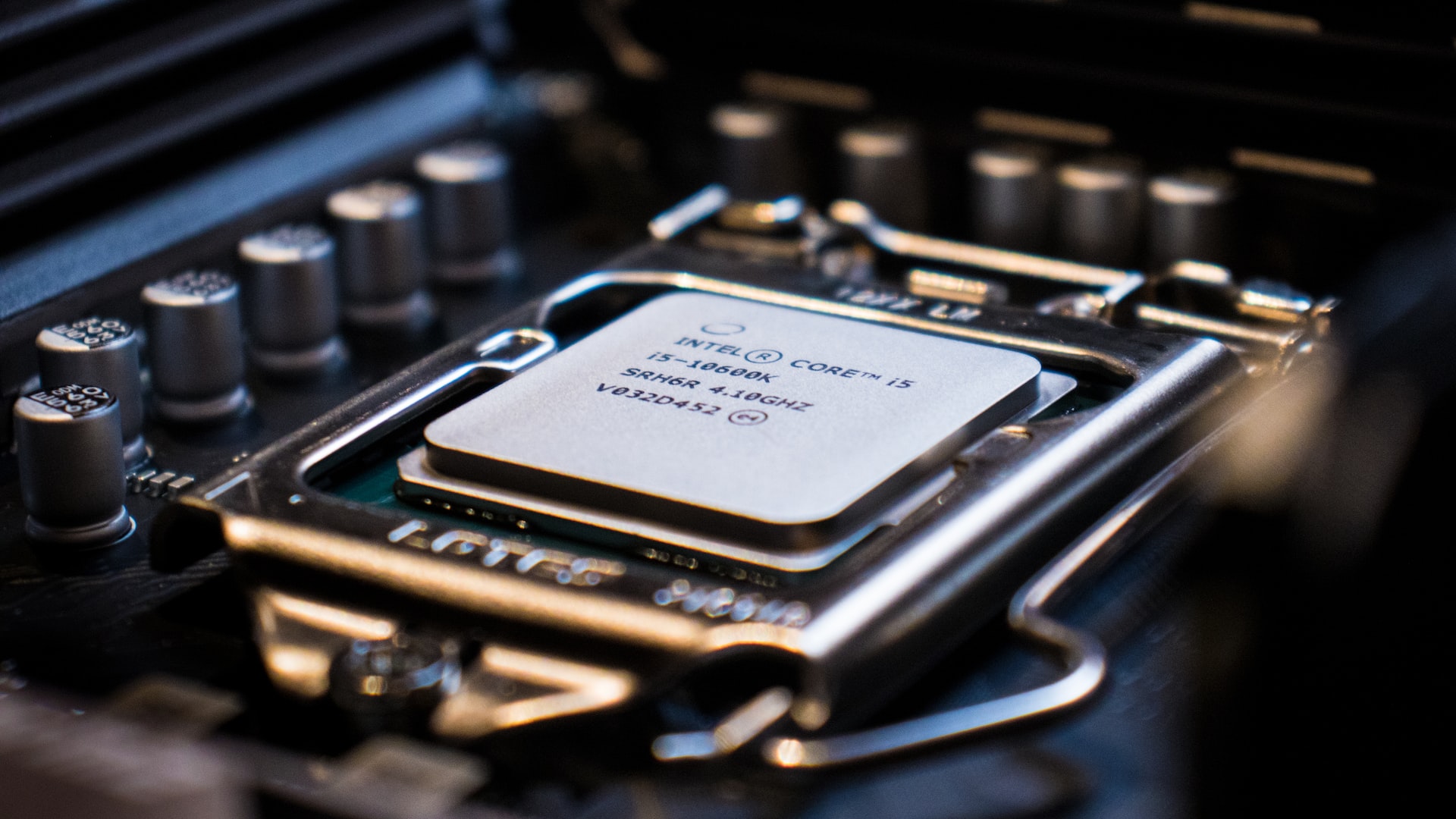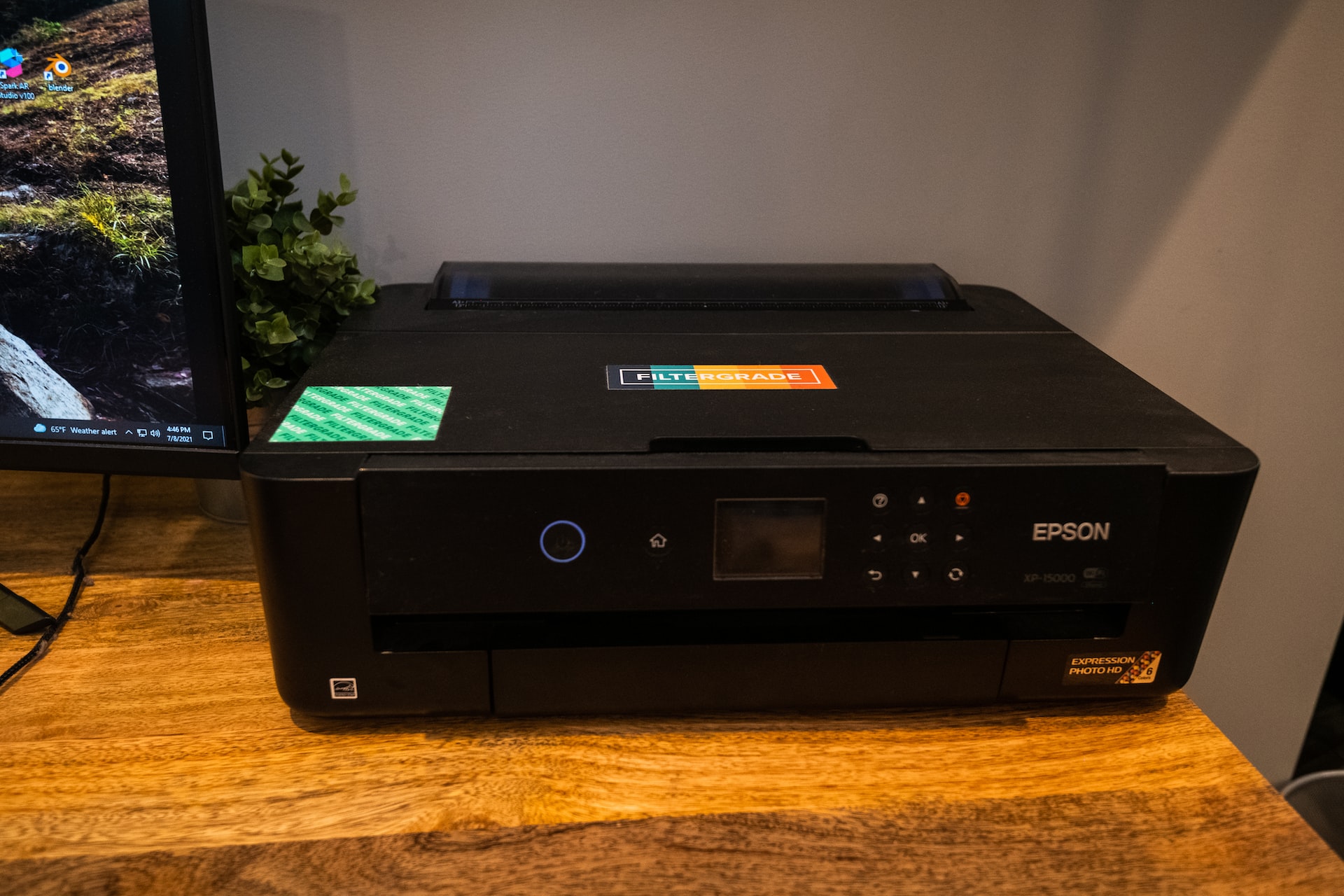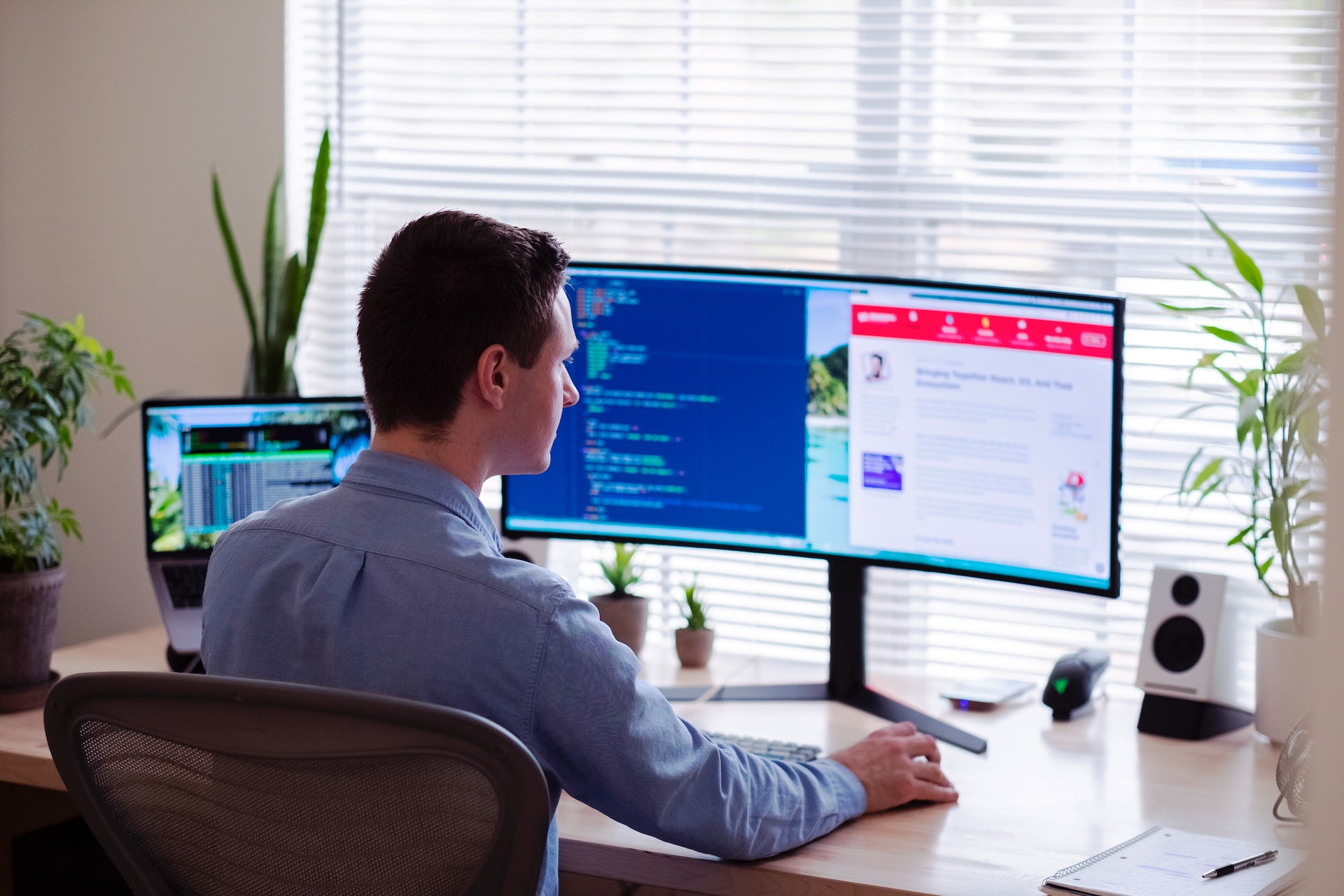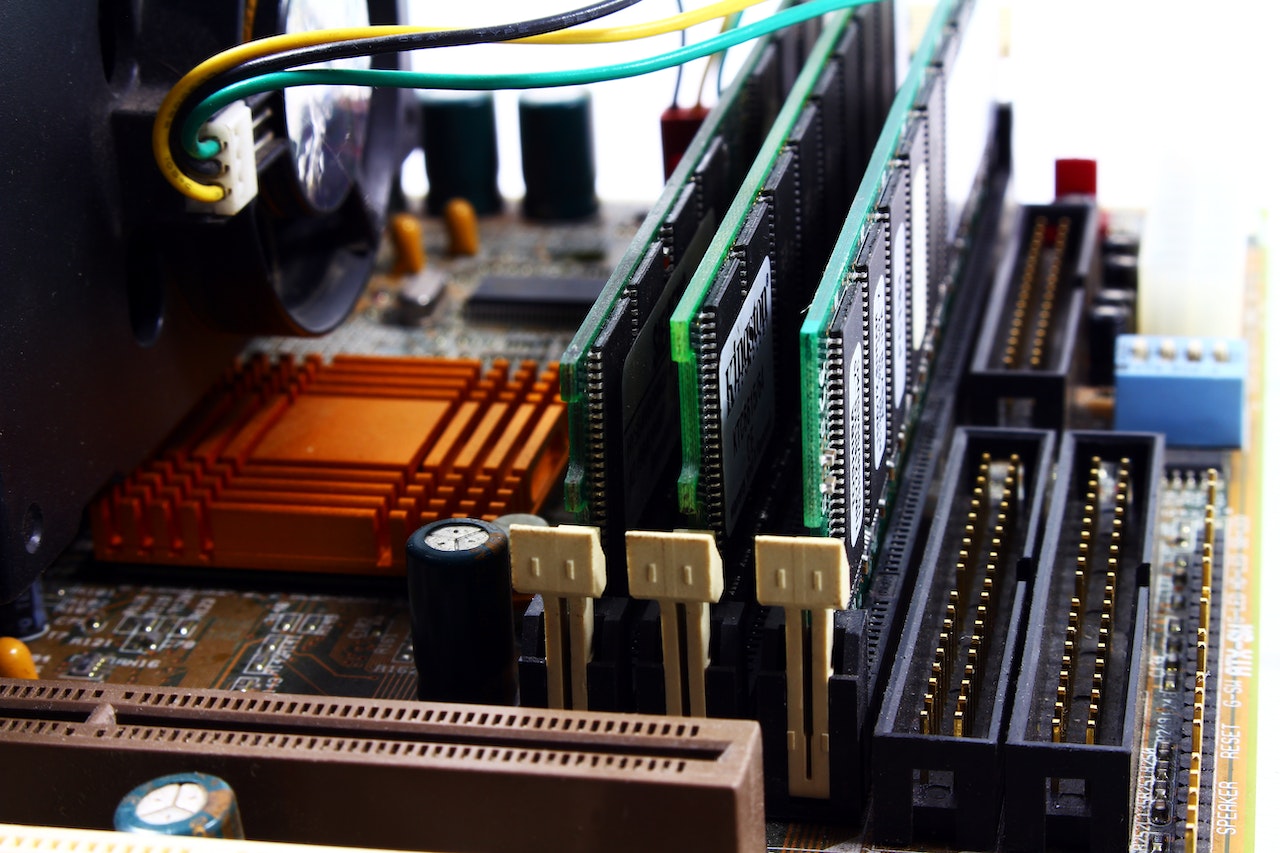Picking the perfect computer can be a daunting task, especially with so many options available on the market. From laptops to desktops, tablets to hybrids, there are a wide variety of choices to consider. It’s important to take the time to research and consider your specific needs and preferences before making a decision.
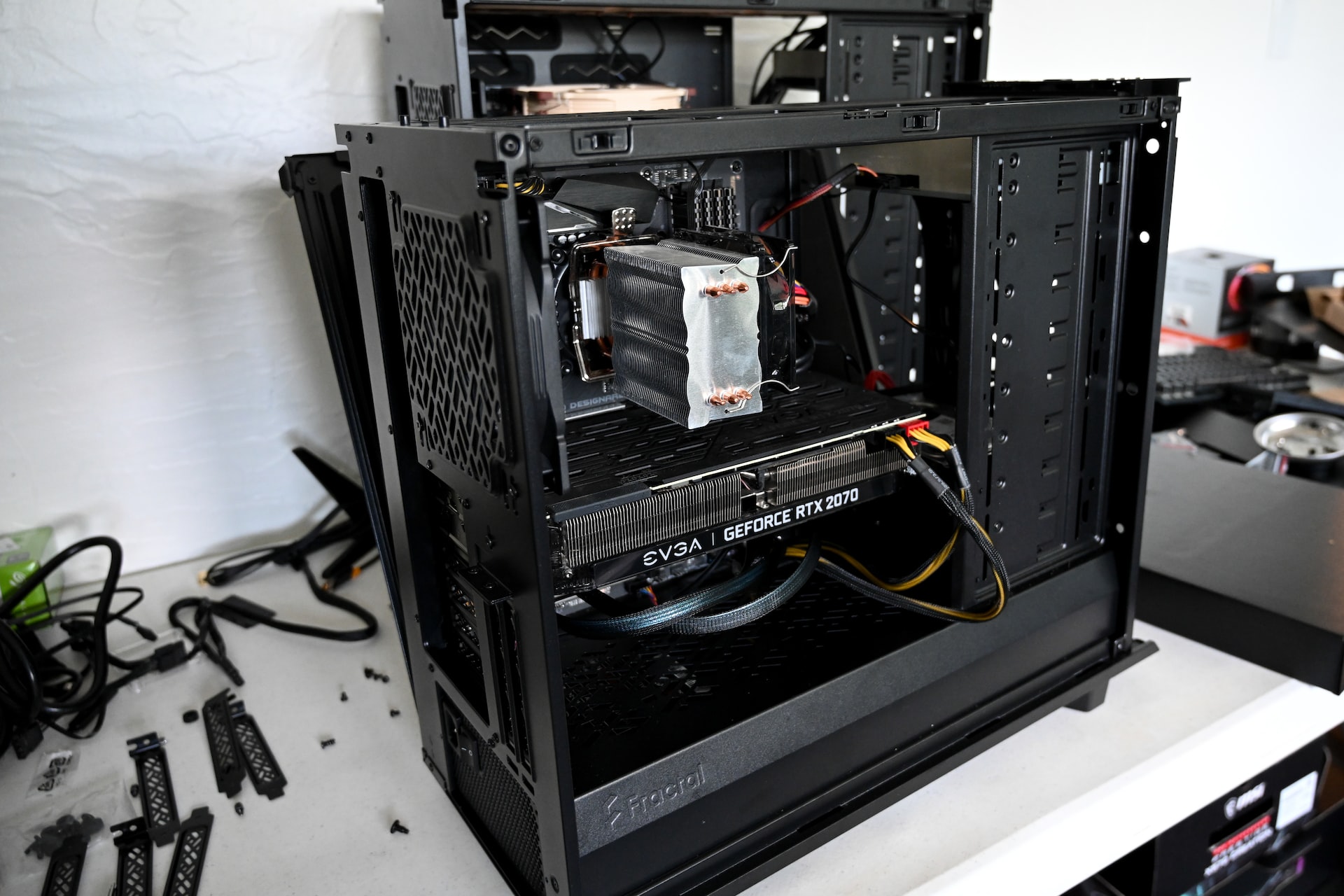
To help you make the best decision, here are 10 essential factors to consider when picking the perfect computer:
Processor
The processor is the brain of your computer, responsible for executing instructions and performing tasks. It’s important to choose a processor that is powerful enough to handle the tasks you need to perform. For example, if you plan to use your computer for gaming or video editing, you’ll want a more powerful processor. On the other hand, if you just need a basic computer for web browsing and word processing, a less powerful processor might be sufficient.
Memory (RAM)
Memory, or Random Access Memory (RAM), is used by your computer to store data temporarily while it is running. The more RAM you have, the more data your computer can process at once, which can improve its performance. If you plan to use your computer for resource-intensive tasks such as gaming or video editing, you’ll want to choose a computer with at least 8GB of RAM. For basic tasks, 4GB should be sufficient.
Storage
Storage refers to the amount of space you have to store your files, such as documents, pictures, and music. There are two main types of storage: hard drives and solid-state drives (SSDs). Hard drives are traditional storage devices that use spinning disks to access data, while SSDs use memory chips and are faster and more reliable. If you have a lot of files to store, you’ll want to choose a computer with a larger hard drive or SSD.
Display
The display is the screen of your computer, and it’s important to choose one that is of good quality and suitable for your needs. If you plan to use your computer for tasks such as video editing or gaming, you’ll want a higher-resolution display with good color accuracy. If you just need a basic computer for web browsing and word processing, a lower-resolution display might be sufficient.
Portability
If you plan to take your computer with you on the go, portability is an important factor to consider. Laptops and tablets are more portable than desktop computers, but they usually have less powerful processors and less storage space. If you need a portable computer that is also powerful enough for resource-intensive tasks, you may want to consider a hybrid or 2-in-1 device. These devices can be used as both laptops and tablets, and offer a good balance of portability and performance.
Battery Life
If you plan to use your computer on the go, battery life is an important factor to consider. Laptops and tablets typically have better battery life than desktop computers, but the actual battery life can vary widely depending on the device. If you need a computer that can last for an extended period of time without being plugged in, you’ll want to choose one with a longer battery life.
Connectivity
Connectivity refers to the various ports and connectors your computer has for connecting to other devices and peripherals. Make sure to choose a computer with the connectivity options you need, such as USB ports, HDMI, and Ethernet. If you plan to use your computer on the go, it’s also important to consider wireless connectivity options such as Wi-Fi and Bluetooth.
Brand and Customer Support
The brand and customer support of your computer are also important factors to consider. Choose a reputable brand with a good track record for quality and customer support. This can be especially important if you encounter any problems or need help with your computer.
Price
Price is an important factor to consider when picking the perfect computer, but it’s important to remember that you get what you pay for. While it can be tempting to choose the cheapest option available, it’s usually worth it to invest in a more expensive computer with better performance and features.
Future Upgradability
Finally, it’s important to consider whether or not you can upgrade your computer in the future. If you plan to keep your computer for a long time and want the option to upgrade it with more memory or a faster processor, make sure to choose a computer that is upgradable.
There are a variety of factors to consider when picking the perfect computer. From the processor and memory to the display and connectivity options, it’s important to choose a computer that meets your needs and budget. By considering these 10 essential factors, you can find the perfect computer that fits your needs and helps you stay productive and efficient.

